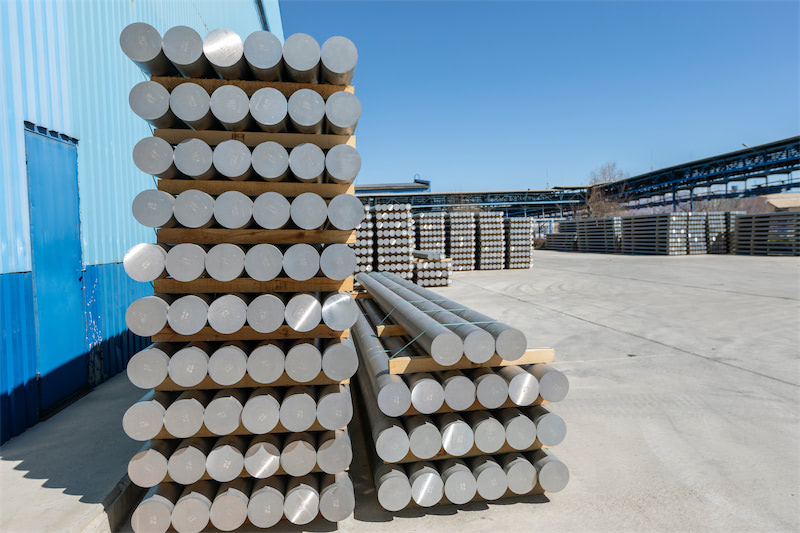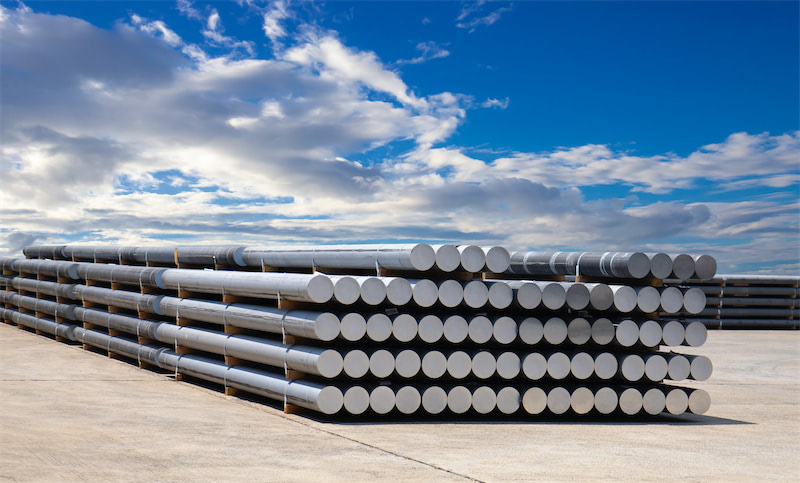On Saturday (May 31) local time, in response to the US government's move to once again raise tariffs on steel and aluminum, the European Commission warned that it undermined the efforts of both sides to resolve the issue through negotiations, and stated that the EU was prepared to take countermeasures.
The European Commission issued a statement on the same day, saying that the Trump administration's decision had further added uncertainty to the global economy, and that final consultations were underway to expand countermeasures. If a mutually acceptable solution could not be reached, the existing and additional EU measures would automatically take effect on July 14, or earlier if necessary.
An EU spokesperson said, "We regret the US's decision to double the tariffs on imported steel and aluminum products, which increases costs for consumers and businesses on both sides of the Atlantic. The EU is prepared to take countermeasures."
US President Trump stated at a rally in Pennsylvania on Friday that he would raise tariffs on imported steel from 25% to 50%. Subsequently, Trump posted on social media platforms that starting from June 4, tariffs on steel and aluminum imports would be raised from 25% to 50%.
In response, Bernd Lange, Chair of the European Parliament's Committee on International Trade, said that the EU had always advocated resolving trade disputes through negotiations, but would not shy away from retaliatory measures when necessary. Recently, Lange led a trade delegation from the European Parliament to Washington, where he held discussions with several US congressmen and government officials.
Lange claimed, "We have already prepared countermeasures for the unreasonable steel and aluminum tariffs. If what Trump announced becomes a reality, then we should also immediately implement these counter-tariff measures."
According to data from the US Department of Commerce, as of March 2025, the price of steel in the US was $984 per mt, significantly higher than the European price of $690/mt.
It is reported that the EU and Canada have been most affected by the increased tariffs on steel and aluminum. Candace Lain, President and CEO of the Canadian Chamber of Commerce, commented that destroying efficient, competitive, and reliable cross-border steel and aluminum supply chains would cause significant losses to both countries.
The United Steelworkers, Canada's largest private sector union, criticized Trump's move, calling it a direct blow to Canadian employment. "Thousands of Canadian jobs are at risk, and communities dependent on steel and aluminum are in danger. The Canadian government needs to respond immediately and decisively to protect workers."
It is worth noting that Trump's tariff plan encountered obstacles in the US this week. On Wednesday, the US Court of International Trade suspended almost all tariffs on specific countries, citing Trump's exceeding of authority. However, by Thursday, the US Court of Appeals for the Federal Circuit had granted the Trump administration's request to temporarily suspend the Trade Court's ruling that prohibited the enforcement of multiple tariff executive orders issued by the US government.
Although the order to remove tariffs was soon suspended, this ruling still caused trouble for the Trump administration's broader trade strategy, which relied on the threat of high tariffs to increase negotiating leverage and force major trading partners to reach new agreements with the US.



